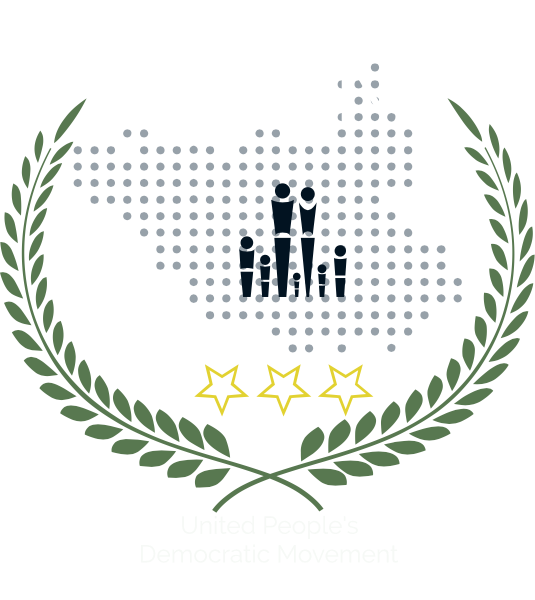19 May 2017
Human Security Baseline Assessment (HSBA)for Sudan and South Sudan, documents the period following July 2016 when then vice-president Riek Machar, leader of the Sudan People’s Liberation Movement/Army-in-Opposition (SPLM/A-IO), and hundreds of his forces fled Juba and reached Garamba National Park across the border in the DRC. Machar and his men were eventually airlifted by the United Nations Organization Stabilization Mission in the Democratic Republic of the Congo (MONUSCO) from there to camps in the DRC, where many of them remain.
Spreading fallout documents the further effects of the agreement’s collapse, with a focus on the growing unrest in Greater Equatoria. Taking advantage of cross-border ethnic ties, rising ethno-nationalism, and friendly DRC authorities, armed opposition groups are using DRC territory for transit and rear activities. They are also engaging in at least some recruitment among Congolese and South Sudanese on DRC territory. Meanwhile there is a risk of conflicts in Greater Equatoria intensifying, as the armed opposition forces continue to converge but also risk splintering. Against a backdrop of a shattered peace process, there is no foreseeable end to the conflicts in South Sudan.
Download the HSBA Issue Brief
Source: HSBA Report, Small Arms Survey Number 28 May 2017
